CLINICAL TRAININGS
- One Day Families Overcoming Under Stress – Early Childhood (FOCUS-EC) initial training.
- Three Day Families Overcoming Under Stress (FOCUS) initial training.
- Completed Three Day Child Parent Psychotherapy initial training and began rostering process
- Completed Three Day Incredible Years Preschool Basic Parent Group Facilitator Training
- Completed Three Day Coping Cat Cognitive Behavioral Therapy Training
- Two-day Telehealth Training for Mental Health Professionals
- Zero to Three Certification in DC 0-5: Diagnostic Classification of Mental Health and Developmental Disorders of Infancy and Early Childhood
- Year-long learning collaborative for Trauma-Focused Cognitive Behavioral Therapy
- Ten-Module online training for Trauma-Focused Cognitive Behavioral Therapy
- Completed a day-long training in Dialectical Cognitive Behavioral Therapy
CLINICAL INTERNSHIP
July 2022 – June 2023
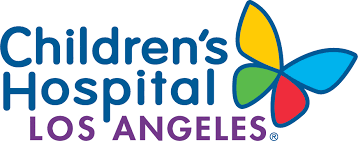

Child and Family Rotation
- Responsibilities: Conduct diagnostic intake assessments with children and families; develop treatment plans; provide individual therapy; provide family therapy; facilitate parenting skills groups; write progress notes; case coordination.
- Clients: School age children and adolescents on MediCal with symptoms of depression, anxiety, conduct problems, and attention challenges.
- Treatment Modalities: Cognitive Behavioral Therapy; Coping Cat; Incredible Years Pre-School Basics Program
- Additional Training: Bi-weekly intake clinic group supervision; Bi-weekly didactic seminars; Monthly diversity seminars; Expert Coping Cat supervision; Weekly Incredible Years Group facilitator supervision and training.
Assessment Rotation
- Responsibilities: Administer neuropsychological assessments to children and adolescents; administer mental health questionnaires; conduct clinical interviews with parents/caregivers, children, and adolescents about psychosocial and psychiatric functioning; write integrative reports; provide parent and child feedback; case coordination; collaborate with multidisciplinary teams
- Clients: School age children and adolescents with complex mental health and neuropsychological assessment questions.
- Assessments: Wechsler Intelligence Scale For Children, Fifth Edition; Clinical Evaluation of Language Fundamentals -5; The Berry-Buktenica Developmental Test of Visual-Motor Integration; Bruininks-Oseretsky Test of Motor Proficiency 2nd Edition; NEPSY-II; Behavior Rating Inventory of Executive Function 2nd Edition; Conners-3 Parent; Behavioral Assessment Scale for Children 3rd Edition; Revised Children’s Manifest Anxiety Scale 2nd Edition; Adaptive Behavior Assessment System – 3rd Edition.
- Additional Training: Weekly case conference and seminars on various assessment topics.
Early Childhood Mental Health Rotation
- Responsibilities: Conduct diagnostic intake assessments; develop treatment plans; provide dyadic and family therapy; provide individual collateral therapy session with parents; case coordination; collaborate with multiple treatment providers
- Clients: 0 – 5-year-olds on Medical who have experience early childhood trauma and/or have developmental delays or disabilities
- Treatment Modalities: Child Parent Psychotherapy; DIR Floortime
- Assessments: Ages and Stages Questionnaire Third Edition; Ages and Stages Questionnaire: Social and Emotional Second Edition; Functional Emotional Assessment Scale; Life Stressors Scale; Traumatic Events Screening Inventory; Trauma Symptom Checklist for Young Children.
- Additional Training: Bi-weekly DIR floor time group supervision; Bi-weekly Child Parent Psychotherapy group supervision; Weekly early childhood mental health seminars
PRACTICUM EXPERIENCES
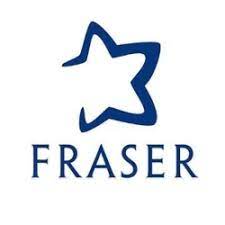
2021 – 2022
Fraser – Mental Health Day Treatment
229 hours at this site helping children ages 2 to 6 years old develop social and emotional skills in the context of a preschool classroom. We used play-based therapy to help children cope with emotional distress, and learn social skills. The primary population included children with developmental delays and who had experienced trauma.

Feb 2021 – Sept 2021 Minnesota Neuropsychology
65 hours at this site administering and scoring neuropsychological assessments to children and adolescents. The primary population of interest includes children with dyslexia, dysphagia, learning disabilities and who are gifted and talented
Assessments administered include Wechsler Adult Intelligence Scale, 4th Edition; Wechsler Intelligence Scale for Children, 5th Edition; California Verbal Learning Test – Children’s Version; Wechsler Preschool and Primary Scale of Intelligence – 4th Edition; Wechsler Individual Achievement Test, 4th Edition; Delis-Kaplan Executive Functioning System; Comprehensive Test of Phonological Processing -2, Conner’s Continuous Performance Test, 3rd Edition; NEPSY- II Designs.
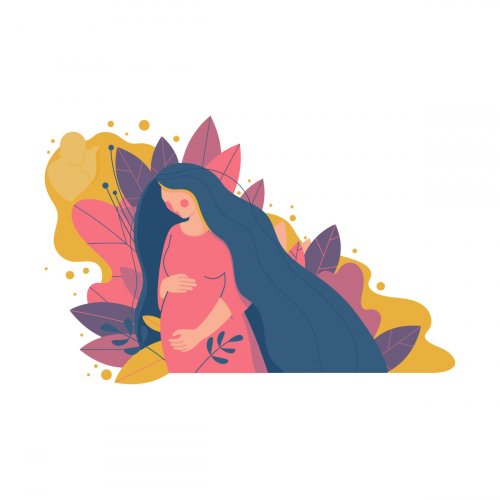
2020 – 2021 Women’s Well Being Clinic, University of Minnesota
272 hours at this site performing psychological diagnostic assessments and individual therapy targeting mothers experiencing perinatal distress.
Assessments were primarily administered via telehealth. I often use the Mini International Neuropsychiatric Interview (MINI), Yale-Brown OCD Scale, Edinburgh Postnatal Depression Scale, Generalized Anxiety Disorder Scale, Perinatal Anxiety Screening Scale, and Birth Trauma Scale – among others. Assessments were completed in the context of a multi-disciplinary team including social workers and psychiatrists.
Evidence-based therapeutic approaches used include Cognitive Behavioral Therapy, Exposure Response Prevention, and Acceptance and Commitment Therapy.
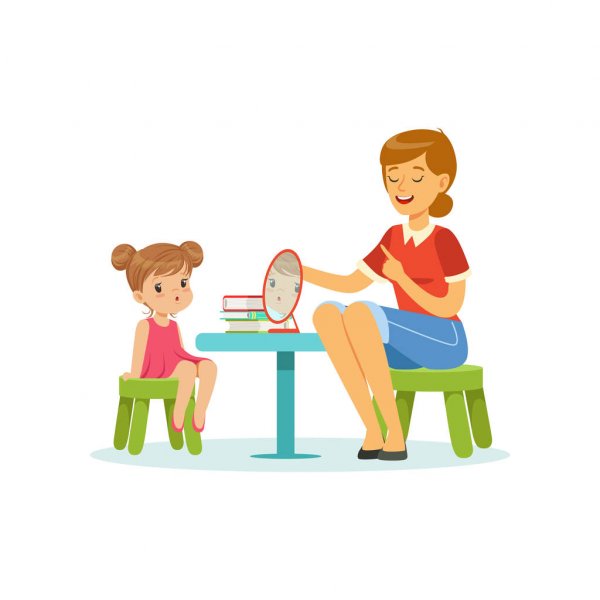
2019 – 2021 Behavioral Health Clinic for Families, University of Minnesota
818 hours at this site performing psychological diagnostic assessments, individual and family therapy targeting young children, 3 to 15-year-olds, and those who have experienced trauma.
Assessments included psychodiagnostic interviewing with parents and children, dyadic behavioral observations, as well as feedback sessions. Questionnaires often included the Strength and Difficulties Questionnaire, the Behavioral Assessment for Children 3, Multidimensional Anxiety Scale for Children 2nd Edition, Children’s Depression Inventory 2nd Edition, the Trauma History Check List, the UCLA PTSD Reaction Index for Children, The Trauma Symptoms Checklist for Children, and The Trauma Symptoms Checklist for Young Children – among others.
Evidence-based therapeutic approaches used include Cognitive Behavioral Therapy, Trauma-Focused Cognitive Behavioral Therapy, Exposure Response Prevention, HEART-P Parenting Intervention, Adaptations of Incredible Years Parent-Management curriculum, and Adaptations of Coping Cat.
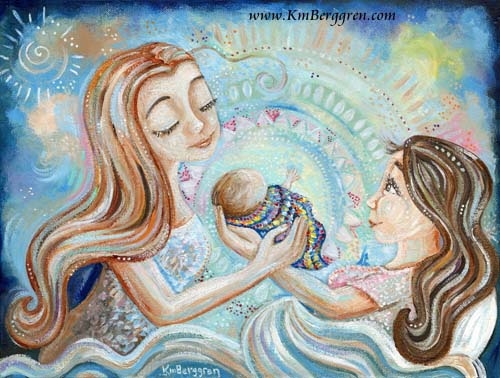
2019 – 2020 Birth to Three – Adoption Medicine Clinic, University of Minnesota
206 hours of diagnostic assessments and therapy with children birth to five experiencing international adoption, domestic adoption, or foster care. Development of brief intervention and assessment.
Brief therapeutic consultations were conducted in the context of a multidisciplinary team of pediatricians, occupational therapists, nurses, and social workers. I performed psychodiagnostic interviews with caregivers and observed parent-child behaviors in the context of a specialty exam. Psychoeducation and brief therapeutic interventions were provided using adaptations of Attachment Biobehavioral Catchup and Child-Parent Psychotherapy.
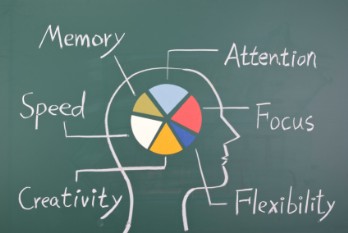
2018 – 2019 Pediatric Psychology, University of Minnesota
559 hours of neuropsychological evaluation of children and adolescence perinatally exposed to substances and in foster care.
Neuropsychology assessments included Adaptive Behavior Assessment System -2, Behavior Rating Inventory of Executive Functioning, Behavioral Assessment System for Children 3, California Verbal Learning Test – Children’s Version, California Verbal Learning Test 2nd Edition, Child Behavior Checklist, Children’s Memory Scale, Delis-Kaplan Executive Functioning System, Rey-Osterrieth Complex Figure, Social Language Development Tests – Adolescent, Social Language Development Test – Elementary, Test of Variable Attention, Wechsler Adult Intelligence Scale 4th Edition, Wechsler Intelligence Scale for Children 5th Edition, Wisconsin Card Sort Test, Woodcock-Johnson Tests of Achievement 3rd Edition. I also completed parent and child interviews as well as feedback